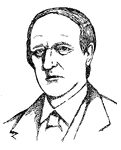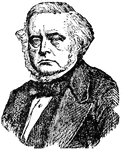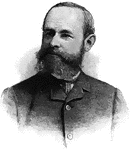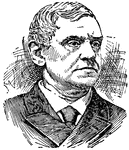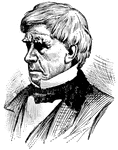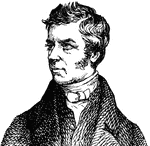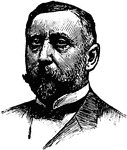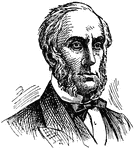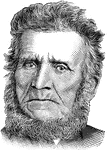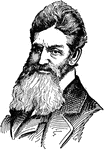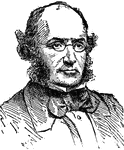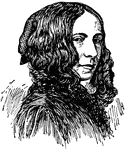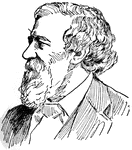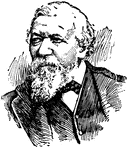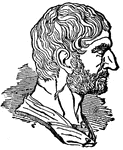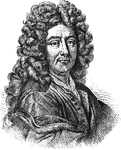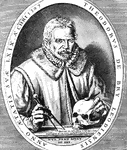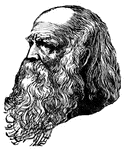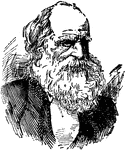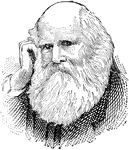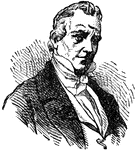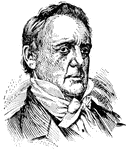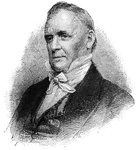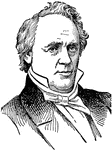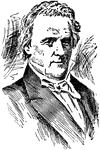363 illustrations of famous people including: Johann Sebastian Bach, Francis Bacon, Phineas Barnum, Clara Barton, Pierre Beauregard, Ludwig von Beethoven, Alexander Graham Bell, Giovanni Bellini, Thomas H. Benton, Anne Boleyn, Napoleon Bonaparte, Daniel Boone, John Wilkes Booth, Lord Henry Brougham, John Brown, James Buchanan, Edmund Burke, General Ambrose Burnside, and more

John Bright
Bright was a British Radical and Liberal statesman, famous for the Anti-Corn Law League.
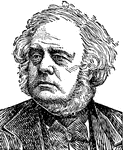
John Bright
(1811-1889) British radical and Liberal statesman, known for the formation of the Anti-Corn Law League…
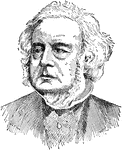
John Bright
A British statesman who helped form the Anti-Corn Law League. He also sat in the House of Commons from…

Sir Philip Bowes Vere Broke
Rear Admiral Sir Philip Bowes Vere Broke, 1st Baronet (9 September 1776 – 2 January 1841) was…
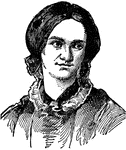
Charlotte Bronte
(1816-1855) Bronte was an English novelist and known for her following novels: Jane Eyre, Shirley,…
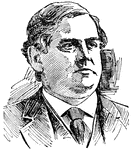
Phillips Brooks
(1835-1893) Protestant and religious leader that wrote the hymn "O little town of Bethlehem "
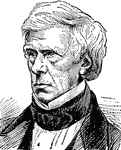
Lord Henry Brougham
(1778-1868) Lord Henry Peter Brougham, the first Baron Brougham and Vaux, was a British writer, scientist,…
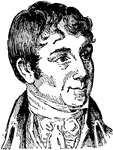
Charles B. Brown
(1771-1810) Charles Brockden Brown is an American novelist, historian, and magazine editor of the Early…
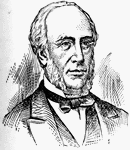
George Brown
(1787-1859) Railroad promoter who gave generously to the House of Refuge and the Peabody Institute of…
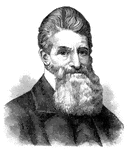
John Brown
"John Brown was an anti-slavery abolitionist, known for the John Brown raid on October 16th, 1858, when…
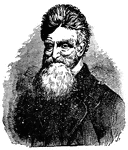
John Brown
Militant American abolitionist, tried to forceably liberate the slaves, hung for treason.
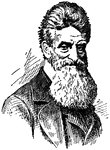
John Brown
(1800-1859) American abolitionist famous for the Pottawatomie Massacre, Bleeding Kansas, and the raid…
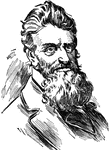
John Brown
John Brown (May 9, 1800 – December 2, 1859) was an American abolitionist who advocated and practiced…
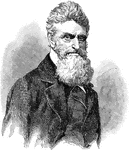
John Brown
John Brown (1800 – 1859) was an American abolitionist who advocated and practiced armed insurrection…
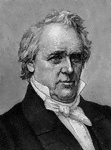
John Brown
In 1859, John Brown collected a small body of men, white and black, in the mountains of Maryland. He…

Robert Browning
Browning was an English poet and playwright. He is famous for Pauline: A Fragment of a Confession…
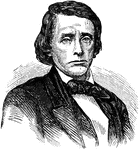
William Gannaway Brownlow
William Gannaway Brownlow was Governor of Tennessee from 1865 to 1869 and a Senator from Tennessee from…
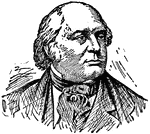
James Bruce, Eighth Earl of Elgin
(1811-1863) English statesman, colonial administrator and diplomat.

George Bryan Brummell
Beau Brummell, né George Bryan Brummell (7 June 1778, London, England – 30 March 1840,…
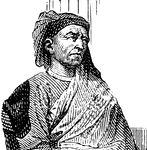
Filippo Brunelleschi
(1377-1446) Italian architects during the Renaissance who worked mostly in Florence.
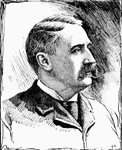
Charles F. Brush
"Charles F. Brush was an inventor, specifically in the field of electricity."—E. Benjamin Andrews…

Marcus Junius Brutus
(85 B.C.-42 B.C.) Brutus was a celebrated Roman who was involved in politics. He sympathized with Caesar…
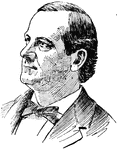
William J. Bryan
(1860-1925) Political leader and public speaker best know for his support of prohibition and literal…
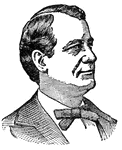
William J. Bryan
William J. Bryan served as a Senator for 12 years, a circuit judge, and became the Democratic nominee…
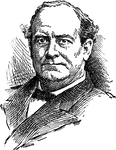
William Jennings Bryan
(1860-1925) Jennings was a three-time Democratic Party nominee for President of the United States and…
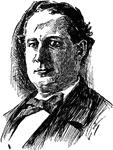
William Jennings Bryan
William Jennings Bryan was the Democratic Party nominee for President of the United States in 1896,…
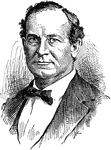
William Jennings Bryan
An unsuccessful presidential candidate for the Democratic party in the late-19th and early-20th centuries.
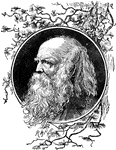
William C. Bryant
William Cullen Bryant (November 3, 1794 - June 12, 1878) was an American romantic poet, journalist,…
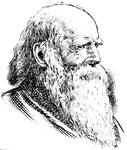
William Cullen Bryant
(1794-1878) America's first major poet that helped form the new Republican party and translated new…
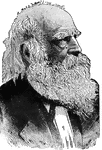
William Cullen Bryant
"This famous poet and journalist was born in Cummington, Hampshire County, Massachusetts." —The…
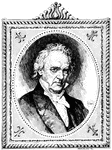
James Buchanan
"James Buchanan, fifteenth president of the United States and involved in the pre-Civil War era."—E.…
